A new year means a new chance to achieve those things you always wanted to. If you're reading this site, then chances are that this also includes getting better at photography. So here's what we'll be doing to improve our photography in 2011 and you should be too!
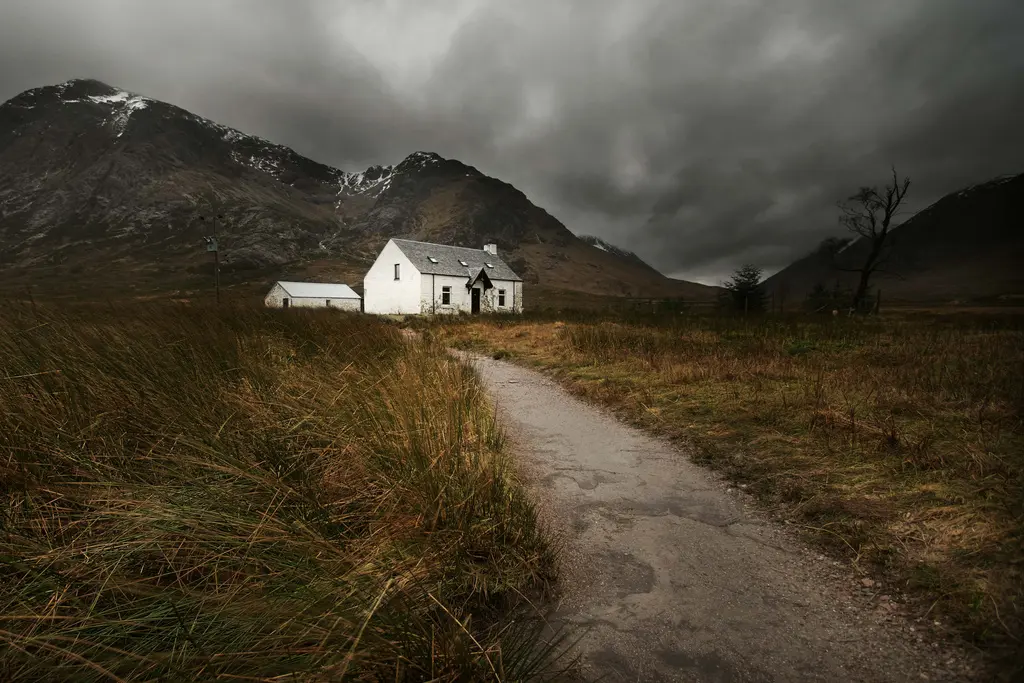
1) Practice – It's now commonly held (thanks to Malcom Gladwell) that it takes 10,000 hours of practice to be able to call yourself an expert at something. If you do the maths, that means a full time, 40-hour-per-week job for about five years doing the tasks associated with that topic (office work doesn't count!).
While being called an expert photographer might not be your goal, the fact is that practice is the core of what will make you a better photographer, just like anything else. For practical purposes for most of us, that means that we should at least be carrying our camera and shooting every day. Doing this allows us to get that experience in shooting under different conditions as well as thinking about composition and getting to know our cameras.
Practical steps to take to practice include joining 365 day challenges and joining in the weekly photography challenges here on the photography forums at Light Stalking. These challenges aren't designed to draw out great photographs every day – they are designed to get you into the habit of shooting and knowing your topic. In turn, that leads to better and better photographs.
2) Know The Theory – By spending time reading websites like this one, you have already showed that you have the desire to learn. Run with it, because that puts you well ahead of the pack!
There are basically two things you should be looking to do with regards to the theory depending on your level of current knowledge. One has to do with the “How To” of photography and the other has to do with the “Why.”
The “how to” is reasonably easy to cover. Reading blogs like this one is a great way to master your camera and the mechanical aspects of getting a sound photograph. There are also thousands of great books on the topic (starting with your camera manual) that cover everything from camera controls through to technique, composition and production.
The “why” is a little harder to nail down, but it's probably where you will need to turn to some of the masters (and their books) like Ansel Adams, Max Dupain, Henri Cartier-Bresson, Annie Leibovitz and a host of others. This is arguably more art than science, but it has to do with the story an image can convey. More than just a technically sound photograph, a good photographer can tell a story with a single image. Being able to do this at will is an advanced skill for any photographer.
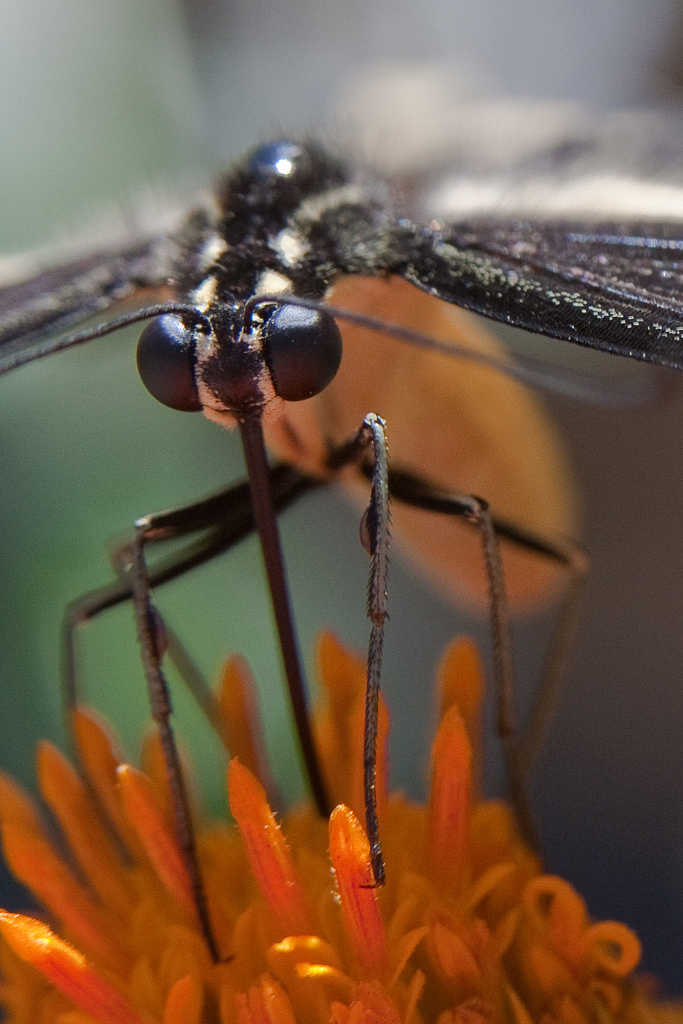
3) Know Your Gear – This goes hand in hand with practice, but it's also as simple as reading the manual. Really good photographers can change almost any setting on their cameras without looking because they know their gear so well. Practice changing the basics such as shutter speed, ISO and aperture without looking and you will be ahead of most amateurs. Then move on to more advanced settings. There's no secret to this other than lots of study and practice.
Other than your camera, you should also know your other gear. Knowing where a piece of equipment lives in your bag and being able to get to it and set it up quickly and efficiently can be the difference between getting a great shot and missing out.
4) Imitate – When you see an image that you like, use it as an opportunity to learn more about your craft. Try to consider everything from the camera settings used through to the reason the photographer took the image. Then start experimenting with your own shooting while trying to incorporate some of the techniques behind the image that you liked.
- ISO, shutter speed and aperture
- what lighting situation was it shot under
- what elements of composition does it use (leading lines, rule of thirds, golden section)
- what post production was done on the image
- what story does the image convey
This can go even further if you find a well known photographer who takes the type of photographs that you like. Many well known photographers have published books so consider buying the and learning from them.
5) Pre-think Your Shots – Good photographers are already considering the conditions that they will be shooting in well before they even arrive at a shoot. Try to estimate the conditions that you will be shooting in at any situation and then make sure you know (or find out) what specific challenges that will throw up. Is it raining? Will there be fluorescent lighting? Will you have a place to set up a tripod? Will the subject be still or moving? These things are all easily discoverable before you get to a shoot and knowing them and preparing for them will make your images better. Being prepared is a huge part of the battle in getting a good shot.
A few practical ways to be prepared include having relevant iPhone photography apps on your phone and maybe carrying around some cheat sheets. There are a ton of great apps that can tell you everything from the weather to the timing of the golden hour and blue hour as well as shadow directions. These are great for outdoor photography (for example).
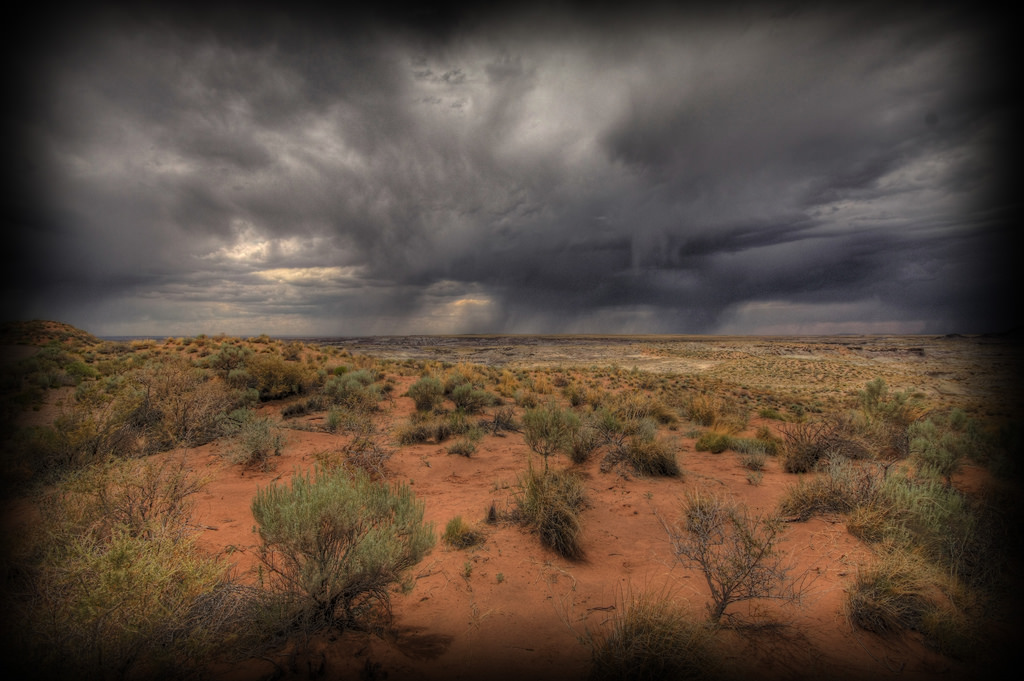
6) Specialise – The tough thing about photography is that when you really get into it, there is a massive amount of information to digest. By taking a specialist path in an area of photography such as landscapes or portraiture, there is still a massive amount to learn, but it becomes a little more manageable. Some people even go more specialised than that such as black and white landscapes. Choosing a specialisation also has the added advantage that you will get to practice that specialisation a lot more and that you will naturally get better and better at it.
No doubt, you will also be aware that a lot of the photographic greats were absolute specialists. Ansel Adams specialised in black and white landscapes of Yosemite National Park with dramatic skies. James Nachtwey specialises in activist and interpretive shots of war scenes. Steve McCurry specialises in colour portraits within the travel photography niche. Each of these specialists is famous for a very narrow niche within photography because they are great at it. They might be more than competent at other types of photography too, but their speciality is what defines them.
7) Love Your Craft – This one is a little hard to define, but you will know it when it happens to you. The thought of getting out on a shoot excites you. When you pass a news agent, you need to “pop in” to see if a new photography magazine is there. You spend too much time browsing the photography section at your local book store. Your internet bookmarks are full of photography sites and you can wax lyrical about photography with a fellow enthusiast for hours.
When you catch the photography bug and you catch it good, there is simply no going back.
Enjoy it, because it's a hell of a lot of fun.



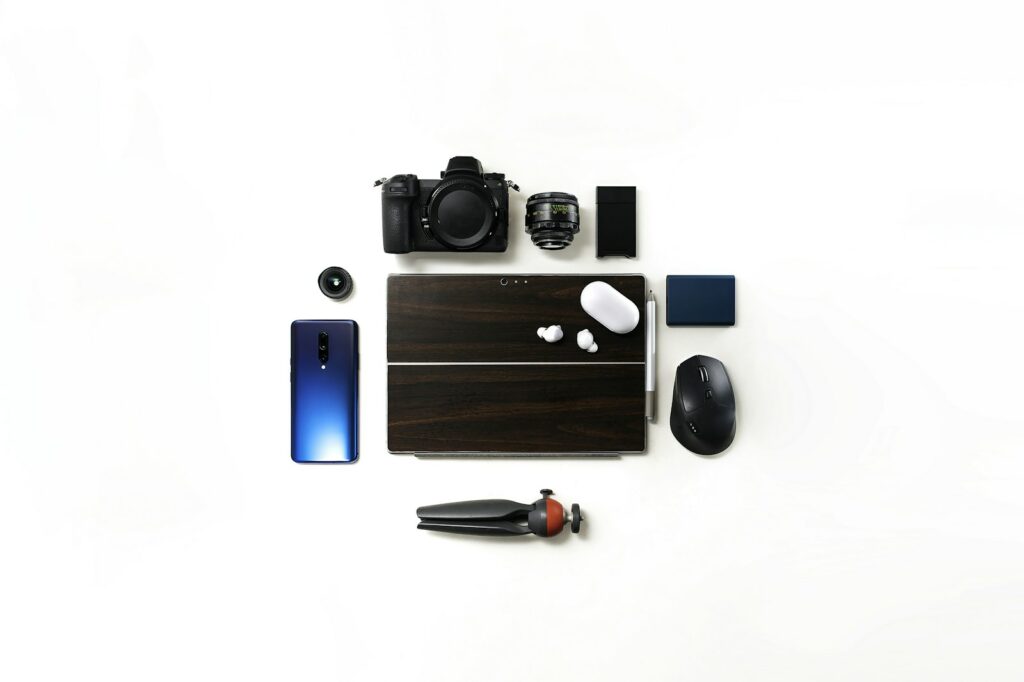

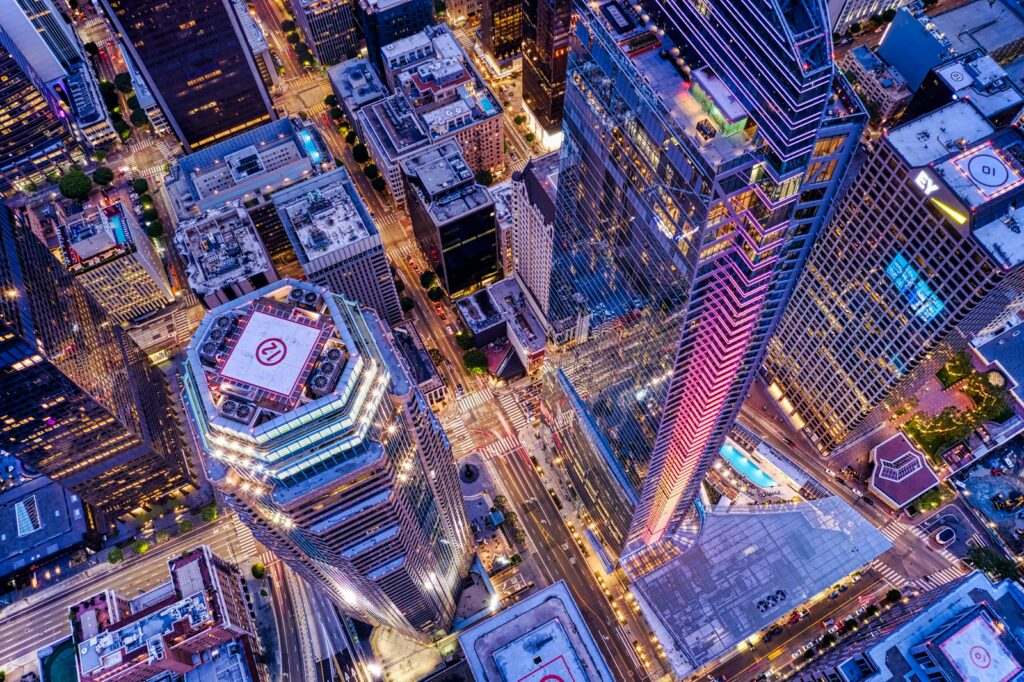
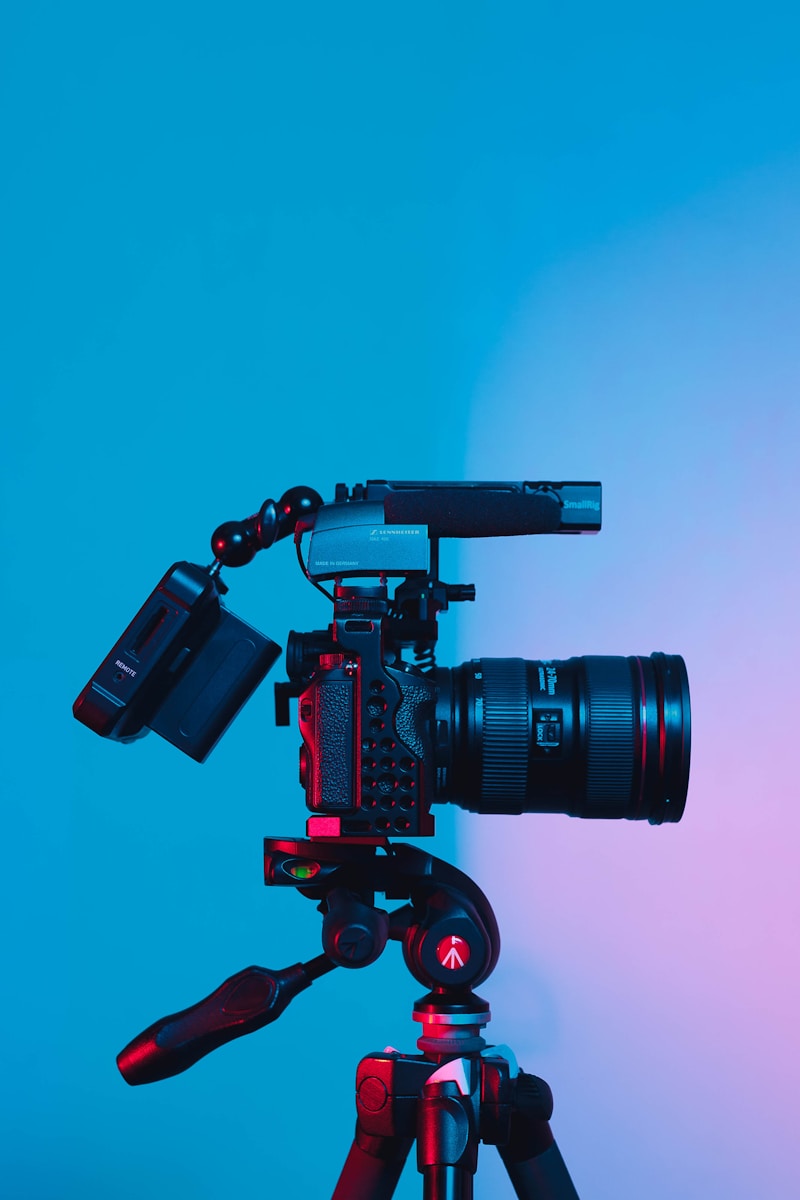
22 Comments
Yes, so true
I will follow ur advice for 2011!
great articles ! thank you
I couldn’t agree with you more.
These are great tips. Projects that motivate you to take your camera everywhere are the key. Andy
I can just agree with you – what turned out to be a super boost for me was my finished (!!!) Project365 – it’s really training, training, training (and blog/book reading for tips)
True, so very true…
Thank you for this article. I’ve wanted to get back into photography for years, but a singular lack of talent has put me off. I didn’t consider the importance of practice important enough to buy a new camera after all of my gear was stolen many years ago. Your article has given me the shot in the arm that I needed to take up the hobby again.
Thank you,
Martin
harryadney.com
How timely. Just finished with reservations for a (photo) trip to Yosemite, Cal wine area and the Oregon coast and you just helped chart the next few months for me.
77 yrs young and excited.
Thanks
Ed
I’m not sure if I’m anywhere near 10,000 hours but ill follow these tips to help me on my way!
Great tips. To this list i would add 2 more tips:
8. Criticize your shots – Don’t just fire and forget. If you shoot a great photo, take the time to evaluate what makes it great. By doing that you will automatically learn to do so WHILE you are shooting.
9. Seek comments on your photos – Leverage other people’s knowledge, and ask for critique. However, don’t just ask; give your critique to those who ask for it.
Thanks for the info, I love your blog
Cheers, anyone know of some decent andriod app’s rather than the Apple ones?
This is a fantastic article, there is no way I could agree more.
I just published photo 292 out of 365 today – it is my first 365 project and it has helped IMMENSELY! I feel like I’ve learned a ton in the last 10 months and might have to start a new 365 project when I’m finished with this one! Good advice… I need some good books. That’s next on the agenda. 🙂
i’m enjoying the shoots – lovely
Great leads and tips, top blog.
What is project 365
I will follow your recomendations for 2011, I am in the stage that need to redirect my interest and concentrate on a specific topic of photography. Working hard now in composition, any recomendation to do this?.
do I need a design class?.
Thanks
Nice article. Well thought out with some very concise tips. Thanks for taking the time..
What an excellent strategy for growth! I am already researching and scheduling. [email protected]
All good advice, “practice” could be on there more than once even!
Good advice, but you assume we all have iPhones. A link to some good android apps might be helpful. https://lightstalking.com/members/braisbyi/